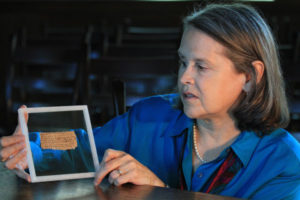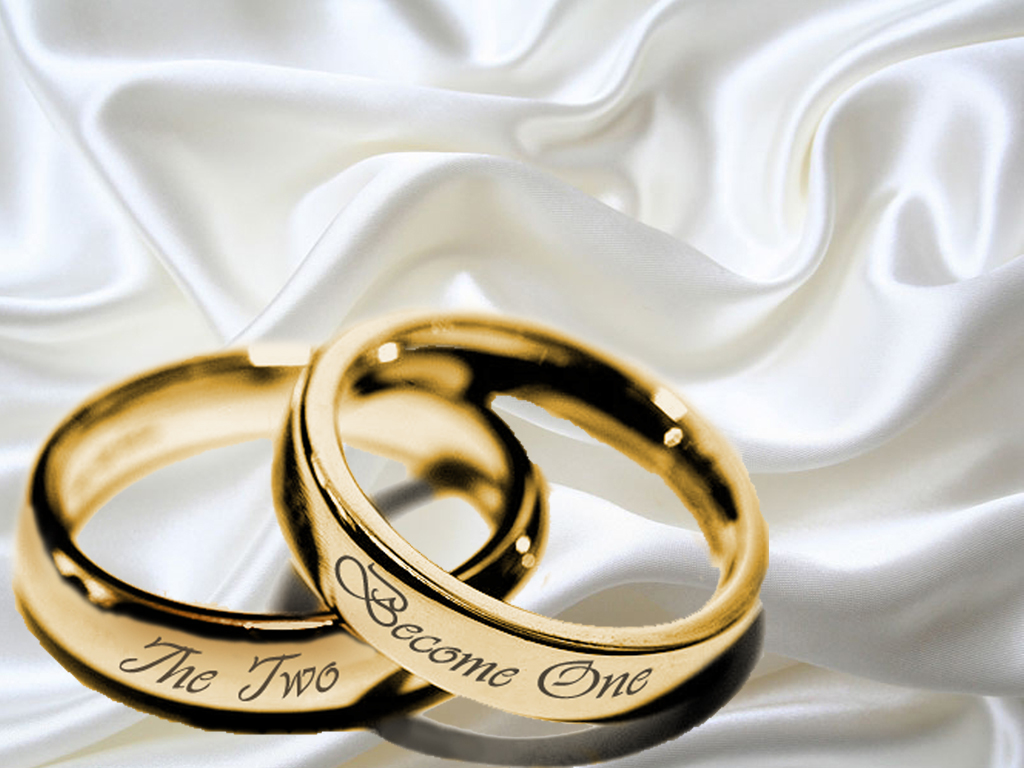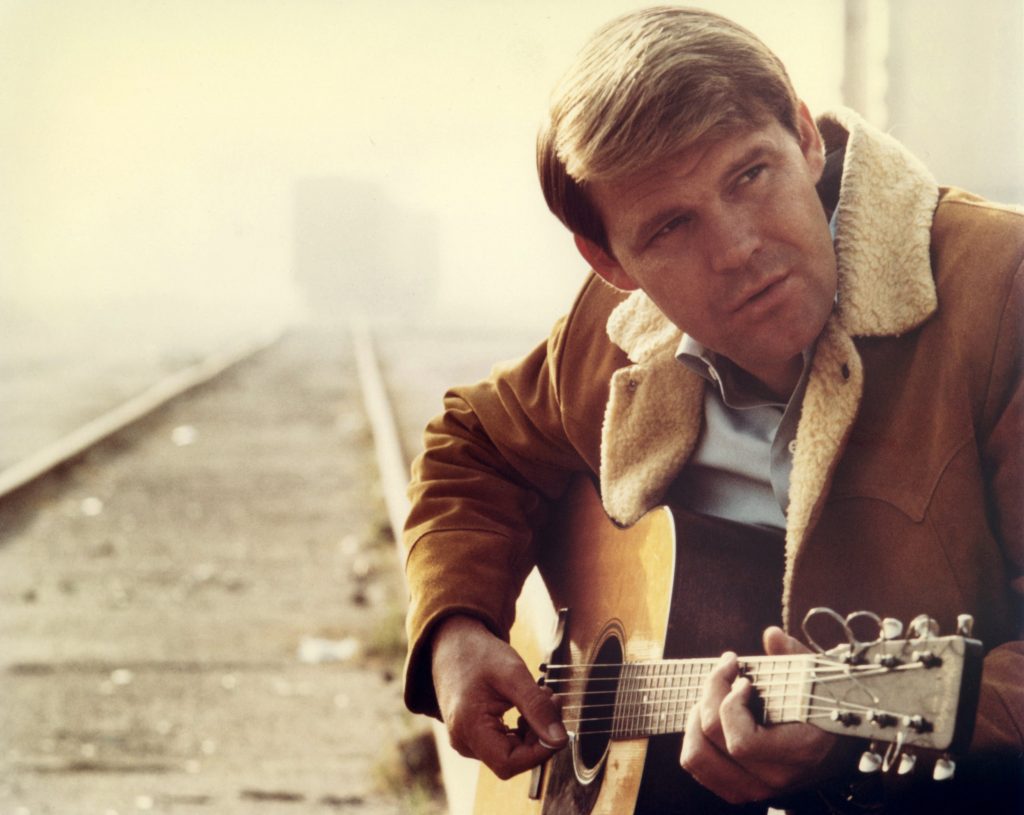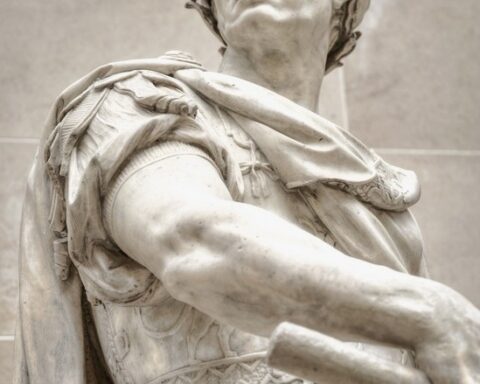Steven Prothero tells Jesus to hush:
The truth of the matter is that we don’t know what Jesus looked like. We don’t know where he was or what he was doing when he turned 18. And we don’t know if he was ever married or divorced.
What we do know is that we live in a country besotted with Jesus and in an age obsessed with marriage and sexuality and the body, which is why this tiny papyrus is making such big waves.
As for me, I don’t much care what Jesus thought about marriage, or whether he engaged in it. I think we as a society tend to collapse religion far too readily into bedroom questions, as if Jesus came into the world to tell us with whom we should be having sex, and how.
I’m more interested in what Jesus has to say about wealth and poverty, the rich and the poor. And there is plenty in the available record to read and heed, “if only we have ears to hear.”
In the case of one recent “everything you know about Jesus is wrong” kerfuffle, the good professor gets two things exactly correct:
- we don’t know for certain if Jesus was unmarried, but
- we are on safe ground if we are skeptical of claims to the contrary.

The nearly united opinion of Christendom has been that he was single, and it should take a lot more than a 4th-century papyrus fragment of unknown origin to change that. Karen King’s “Gospel of Jesus’ Wife” is an interesting if overblown claim of the type that rises and falls with depressing regularity, though usually around Easter. It is unlikely that this find will fill in any biographical or spiritual blanks for us.
In fact, we don’t know what Jesus looked like, how he wore his hair, how tall he was or what he weighed. We don’t know his favorite color or dish, nor if he was married. I suspect that the reason we are not told is that it does not matter.
But if that is the case, then what were are told must be what matters. The things the gospel writers recorded, the lines that thousands of monkish hands copied over the centuries on papyrus or vellum, those must be the things that are important.
And that’s where this funny thing called religious liberalism pops up. For the professor admits on one hand that we live “in an era in which Americans are debating who can marry and have sex with whom,” yet on the other hand he asserts that we must not concern ourselves with what Jesus said about it.
He of whom it is written, “All things were made by Him, and without Him was not anything made that was made” is not allowed to voice an opinion about the single most important, consequential, long-lasting human relationship, because that opinion does not fall in line with modern liberal orthodoxy. Instead we are to pay attention only to what he said about the rich and the poor, which words are more easily molded into liberal talking points that boil down to “give us your money.”
But why one and not the other? If Jesus is (take your pick) God, King, Prophet, Messiah, or Savior, then He’s worth listening to on all subjects, but especially those subjects that our modern society is admittedly struggling with.* But if Jesus is none of those, then he’s not worth listening to on anything.
He that hath ears, let him hear.
* Seriously, what’s the point of having a Prophet if you don’t listen to Him?










4.5
5
Shroud of Turin. I think there is a scientific conference in Seattle or close by this month
Fascinating study, the Shroud. Like with the Kensington Runestone, science so-called cannot seem to make up its mind.
[…] Source link […]
A subset of this that I’ve noticed is the pronouncement: “I don’t really care about (theology/doctrine/tradition).” If you’re not an anchor-less liberal, you have to care about those things. They might not matter to you personally (little-t tradition is one of those things that I don’t *get* on a personal level), but you *must* care about them in relationship to something as important as, you know, *eternal salvation*. If you don’t care about the nature of God or the practice of religion, you’re not a serious believer of any kind. Even if Catholics/Orthodox/Protestants don’t agree on all the issues, they matter deeply enough to us to examine them and debate them and try to decide them.
Update: as is so often the case, the Gospel of Jesus’ Wife is probably a fraud anyway: http://www.dailymail.co.uk/news/article-3646515/Gospel-Jesus-historian-admits-s-probably-forgery.html